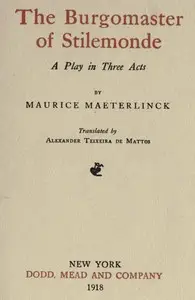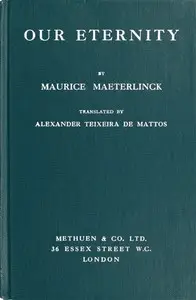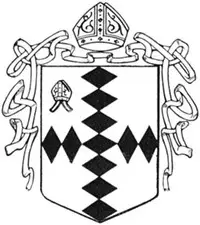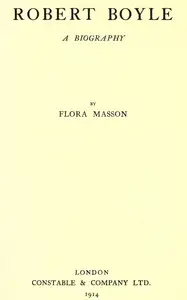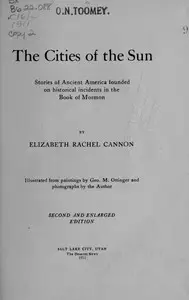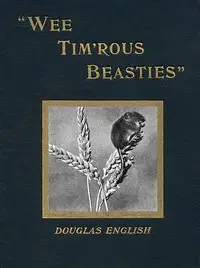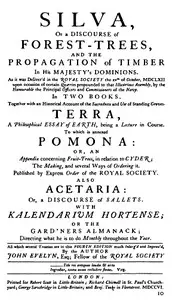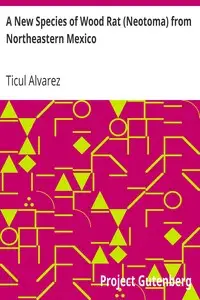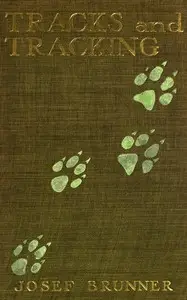"The Children's Life of the Bee" by Maurice Maeterlinck is a narrative rich in observation and poetic description, likely written in the early 20th century. This work blends elements of scientific inquiry with an exploration of the profound lives of bees, making it both an educational and a reflective read. Through this text, readers are invited to delve into the intricate world of bees, as they interact within their communities and demonstrate remarkable behavior, offering insights into nature's wonders. The opening of the book sets the stage by painting an idyllic picture of a bee apiary in Dutch Flanders. The narrator shares their nostalgia for the enchanting beauty of the location and reflects on the bees' integral role in the richness of nature. We learn about the hive's structure, its inhabitants including the queen, workers, and drones, and the organization of their duties. In this initial exposition, Maeterlinck establishes the bees as emblematic of selflessness and community, hinting at the deeper themes of sacrifice and the cycle of life that the narrative will explore as it reveals the mysteries of the hive and its collective spirit. (This is an automatically generated summary.)

The Children's Life of the Bee
By Maurice Maeterlinck
"The Children's Life of the Bee" by Maurice Maeterlinck is a narrative rich in observation and poetic description, likely written in the early 20th ce...
Maurice Polydore Marie Bernard Maeterlinck, also known as Count/Comte Maeterlinck from 1932, was a Belgian playwright, poet, and essayist who was Flemish but wrote in French. He was awarded the Nobel Prize in Literature in 1911 "in appreciation of his many-sided literary activities, and especially of his dramatic works, which are distinguished by a wealth of imagination and by a poetic fancy, which reveals, sometimes in the guise of a fairy tale, a deep inspiration, while in a mysterious way they appeal to the readers' own feelings and stimulate their imaginations". The main themes in his work are death and the meaning of life. He was a leading member of La Jeune Belgique group, and his plays form an important part of the Symbolist movement. In later life, Maeterlinck faced credible accusations of plagiarism.



